28/11/2024 Environment
 Conservation
Conservation
The government is planning a total overhaul of the legal and regulatory framework for the environment.
Among others, it plans to develop legislation that would regulate all climate actions, reduce emissions and adapt to the adverse impacts of climate change in the country. Also in the plans is the establishment of a National Plastics and Plastic Waste Management Bill which will seek to limit plastic usage, encourage proper disposal of plastic waste and phase out single use plastics. Speaking to parliamentarians on government’s plan for fiscal year 2025, Minister of Finance, Ahmed Bangura disclosed that the Ministry of Environment and Climate Change will develop the environmental legal and regulatory framework ‘to ensure that Sierra Leone’s environmental laws are robust and aligned with international standards’.
He hinted that he government equally plans to undertake the following:
Develop legislation to regulate all climate actions to reduce emissions and adapt to the adverse impacts of climate change, develop a National Plastics and Plastic Waste Management Bill, which will seek to limit plastic usage, encourage proper disposal of plastic waste and phase out single-use plastics; and undertake a review of the Forestry Act, 1988, as amended in 2022 and the Wildlife Conservation Management Act, 1972, as amended in 2022.
These revised Acts, he said will be submitted to the House for ratification after they are reviwed.
Mr. Speaker, Honourable Members, Sierra Leone updated its Nationally Determined Contributions (NDC 2.0) in 2021.
“In 2025, the Environmental Protection Agency (EPA) will update the NDC 2.0 to NDC 3.0 that aims to respond to the threat of global warming and climate change in line with the Paris Agreement. The NDC 3.0 will be aligned with national policies and backed by concrete programmes that can be implemented by both the public and private sector as well as CSOs”.
Mr Bangura disclosed that the National Biodiversity Strategic Action Plan would be updated while the government would also develop a Long-Term Low Emissions Development Strategy and the first-ever National Programme for Pollution Prevention with accompanying investment plans to ensure full execution.
“To achieve our targets in the NDC 3.0, Sierra Leone will require significant amount of resources to implement both the conditional and unconditional programmes. In this regard, the Ministry of Finance, with support from the World Bank, commenced the development of a National Climate Finance Strategy for Sierra Leone”. The Strategy, he announced will outline various instruments to be used in the medium-term to mobilise climate finances from both domestic and international sources.
“Given the importance of international climate finance in our transition process, the Presidential Initiative on Climate Change, Renewable Energy and Food Security, the Ministry of Finance, the Ministry of Planning and Economic Development, the Ministry of Environment and Climate Change and the EPA will, in 2025, work together to finalise the 29 work programmes for both the Green Climate Fund (GCF) and the Global Environmental Facility (GEF)”.
This will unlock further international funding to support our climate resilience and environmental projects.
He announced government’s readiness to put in place the necessary regulatory arrangements to participate in the international carbon market; adding that, the UNDP is providing both technical and financial support to Government in its bid to develop a carbon policy framework.
By Alusine Kargbo
21/10/2024 Tourism & Travel
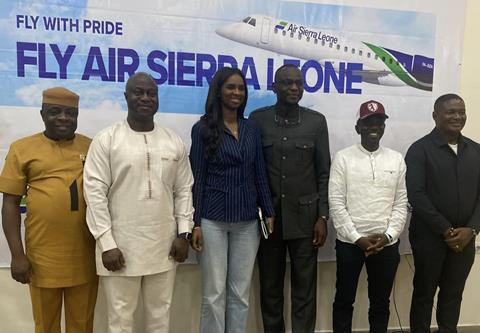 Government and Airline’s Officials At The Unveiling.
Government and Airline’s Officials At The Unveiling.
Sierra Leone’s transport ministry has unveiled a new carrier for the West African state, which is set to commence services to various cities – including London – before the end of this year.
All carriers overseen by the Sierra Leone civil aviation regulator are blacklisted by the European Commission, preventing them from serving European destinations. But Air Sierra Leone will operate under a UK air operator’s certificate, according to transport minister Fanday Turay, while it seeks a local authorisation. “Air Sierra Leone will operate as a private entity rather than a national carrier,” says Turay. The airline aims to launch its first services, a thrice-weekly rotation from Freetown to London Gatwick, on 2 December.
Its initial fleet will comprise a 189-seat Boeing 737 Max 8, with which it will serve Gatwick, plus a 149-seat 737-400 and a 50-seat Embraer ERJ-145.“Through our support, [the carrier] is poised to enhance Sierra Leone’s global connectivity, stimulate economic development, and foster a sense of national pride as we embark on a new era in our aviation sector,” says Turay.
The airline’s initial network will also feature key African cities including Abidjan, Accra, Monrovia, Banjul, Dakar and Conakry.
“Plans for the new airline have been in the pipeline for many years, and we are now truly excited to share our progress with the world,” says Turay, adding that the government has ambitions to develop routes connecting Sierra Leone with the USA next year. It has identified Emmanuel Iza as the carrier’s chief executive and says Nigerian operator XE Jet will provide technical support.
Sierra Leone’s government states that its regulatory framework has made progress, and claims “significant” steps towards removing the country from the European blacklist. A blanket ban was imposed on Sierra Leone in 2006. “We anticipate that the new airline will help to boost visitor footfall to Sierra Leone,” says tourism minister Nabeela Farida Tunis. “This is a big moment in our country’s tourism development, as Air Sierra Leone will offer international visitors and diaspora easier access and better flight connectivity to this emerging destination, all for a more affordable price.
By Dolly Jones
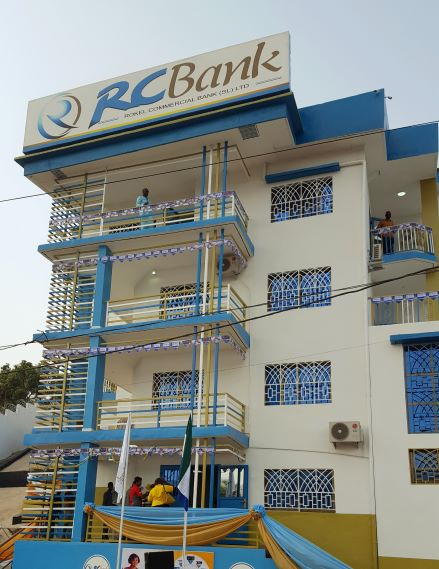
By John Marah
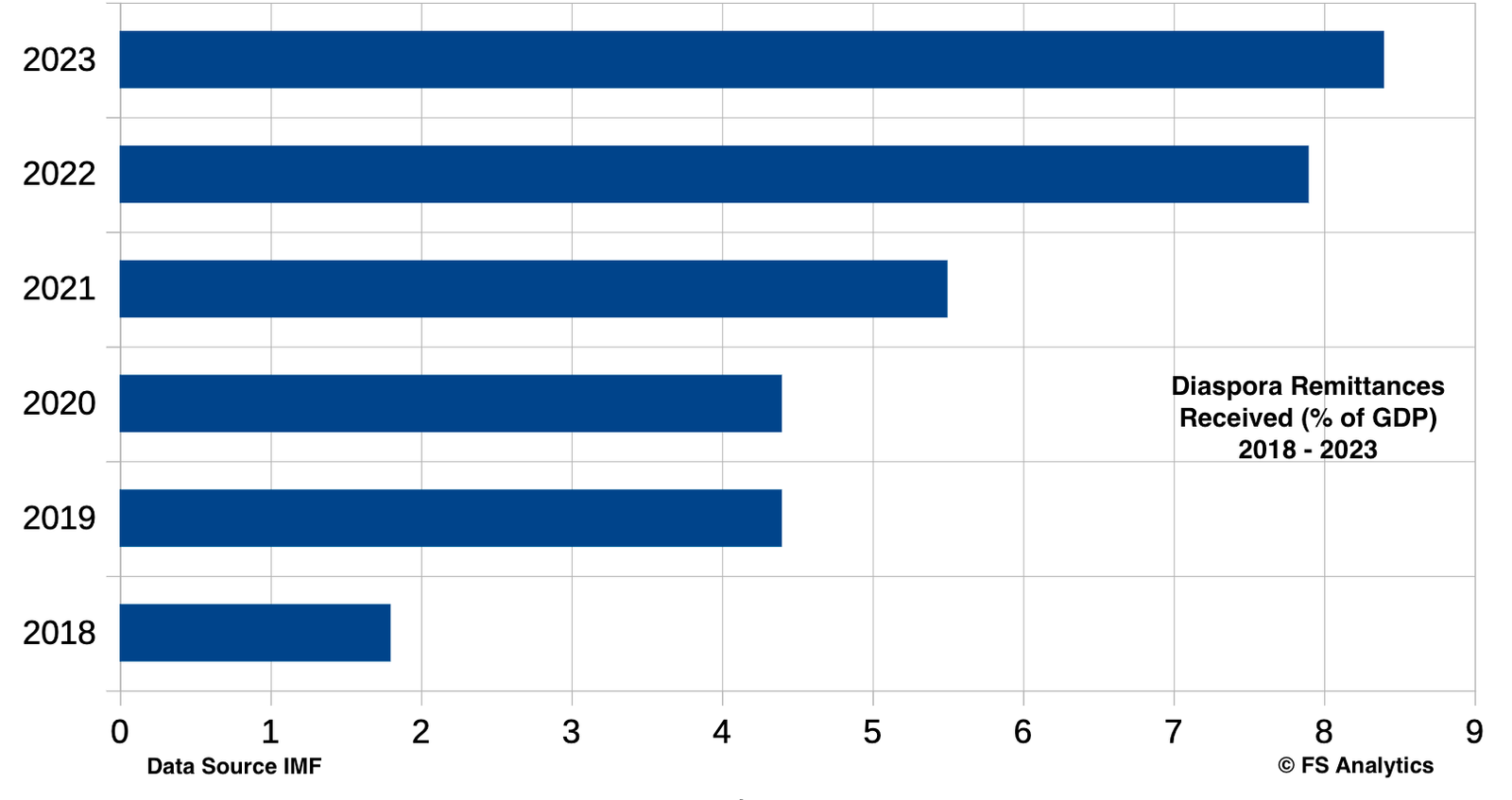
By Ibrahim Mansaray
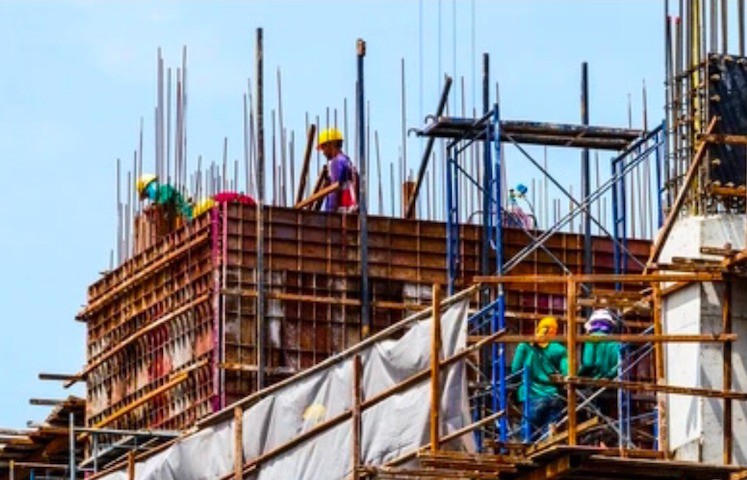
By Joan Bannister
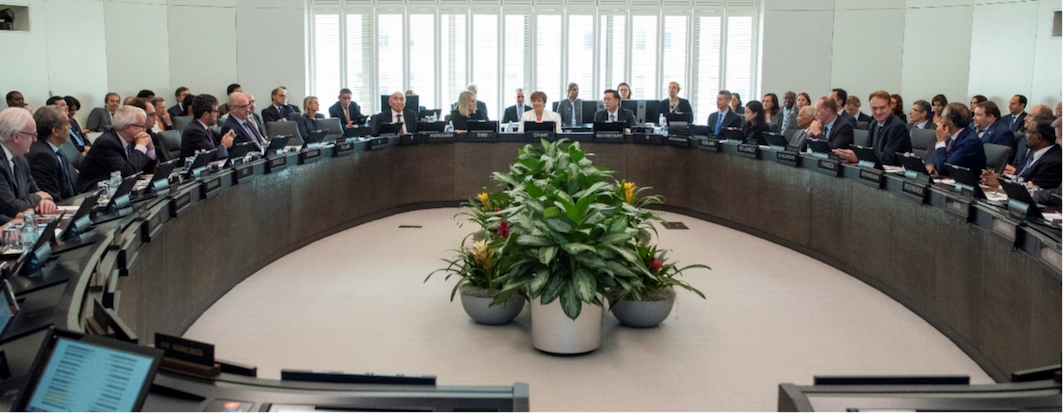
By Vicky Sawyerr